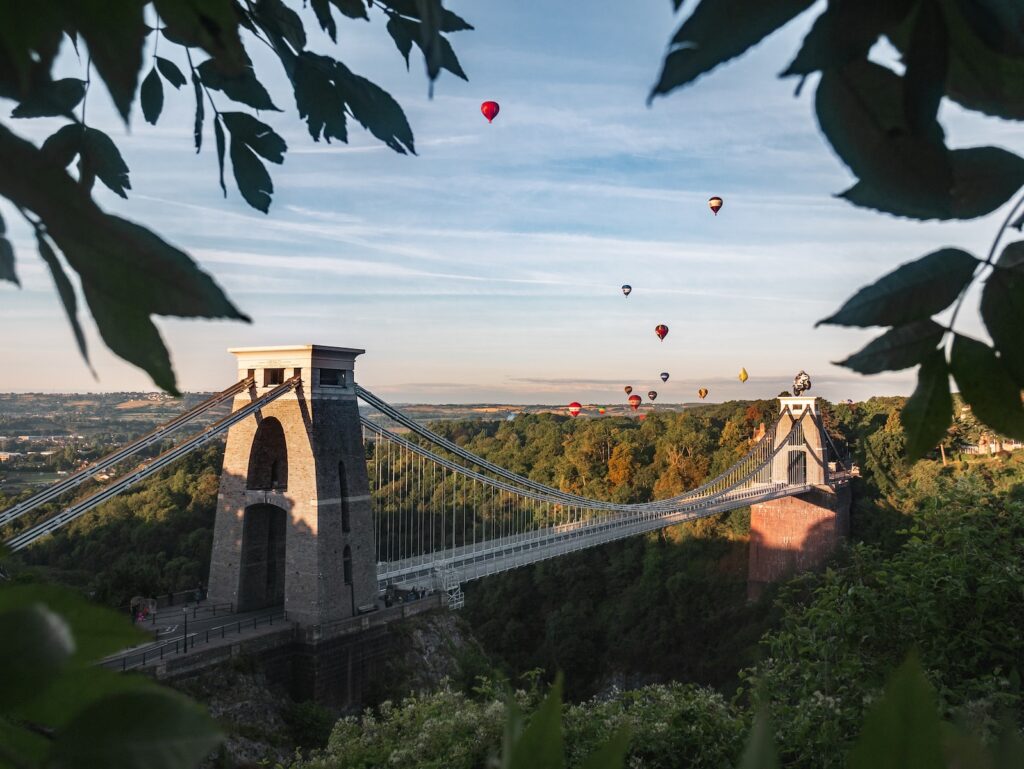Report shows carbon emissions have fallen significantly in Bristol
Bristol has seen carbon emissions fall significantly between 2015 and 2021 a new report out today has shown.
The report, led by the University of Bristol’s Cabot Institute for the Environment and Bristol City Council, shows carbon dioxide emissions have fallen by 29%, while renewable energy capacity has increased by more than 60%.
Findings of the review, which measured Bristol’s progress in meeting the United Nations (UN) Sustainable Development Goals (SDGs), also revealed that renewable energy generation grew by 10% over this time.
However, the city faces other challenges, such as social inequalities and poverty, which look set to worsen as the cost-of-living crisis continues.

While unemployment dropped from 5.3% in 2015 to 4% in 2021, the employment rate of ethnic minorities was found to be much lower than average – 80.4% of men and 77.2% of women aged 16-64 are employed, compared to just 68.2% of ethnic minorities.
Report co-author Dr Sean Fox, Associate Professor in Global Development at the university, said: ‘Given the unprecedented events of the past three years, it is not surprising progress has been mixed. On the positive side, there has been growth in the share of renewable energy in our overall energy mix and a reduction in the carbon intensity of our economic output. But we have also seen an increase in poverty, which is exacerbated by a housing affordability crisis and now a wider cost of living crisis.’
Children are more reliant on free school meals today than in 2016, particularly in disadvantaged parts of the city, where just below half (43.3%) receive them.
Rising property prices are also putting more strain on families, as 32.6% of children live in poverty after housing costs are accounted for. This puts Bristol above the national average of 29%.
SDG’s highlight how different issues, such as sustainability and the economy, are linked, and while ratified by national governments, its understood local action is needed to reach targets.
Marvin Rees, Mayor of Bristol, said: ‘We’re working as One City to support Bristolians with the rising cost of living and tackle poverty. With the Sustainable Development Goals embedded in our approach, we are building the new affordable homes our city needs; getting more than 5,000 workers a pay rise onto the real Living Wage; and strengthening the social infrastructure that’s helping to feed and support people who might otherwise be left behind.
‘As we tackle the climate and ecological emergencies, we continue to build on our success reducing carbon emissions and this report is crucial in measuring that progress. I am proud to have secured an initial investment of £424 million in our City Leap clean energy programme – securing hundreds of new jobs for our city; creating cheaper, greener heat and energy; and further reducing emissions by another 140,000 tonnes over the next five years.’
Photo by Jarred Clapperton















